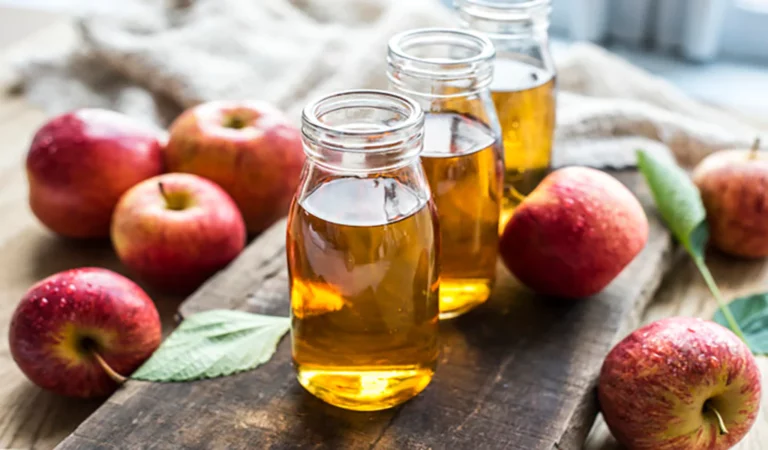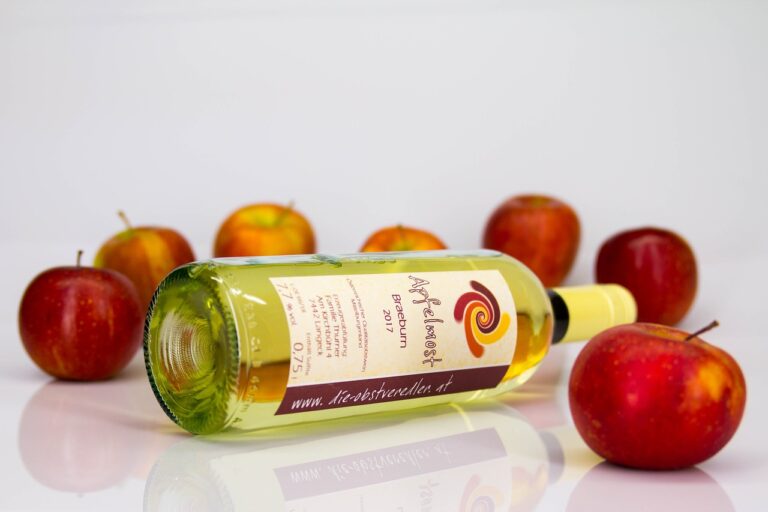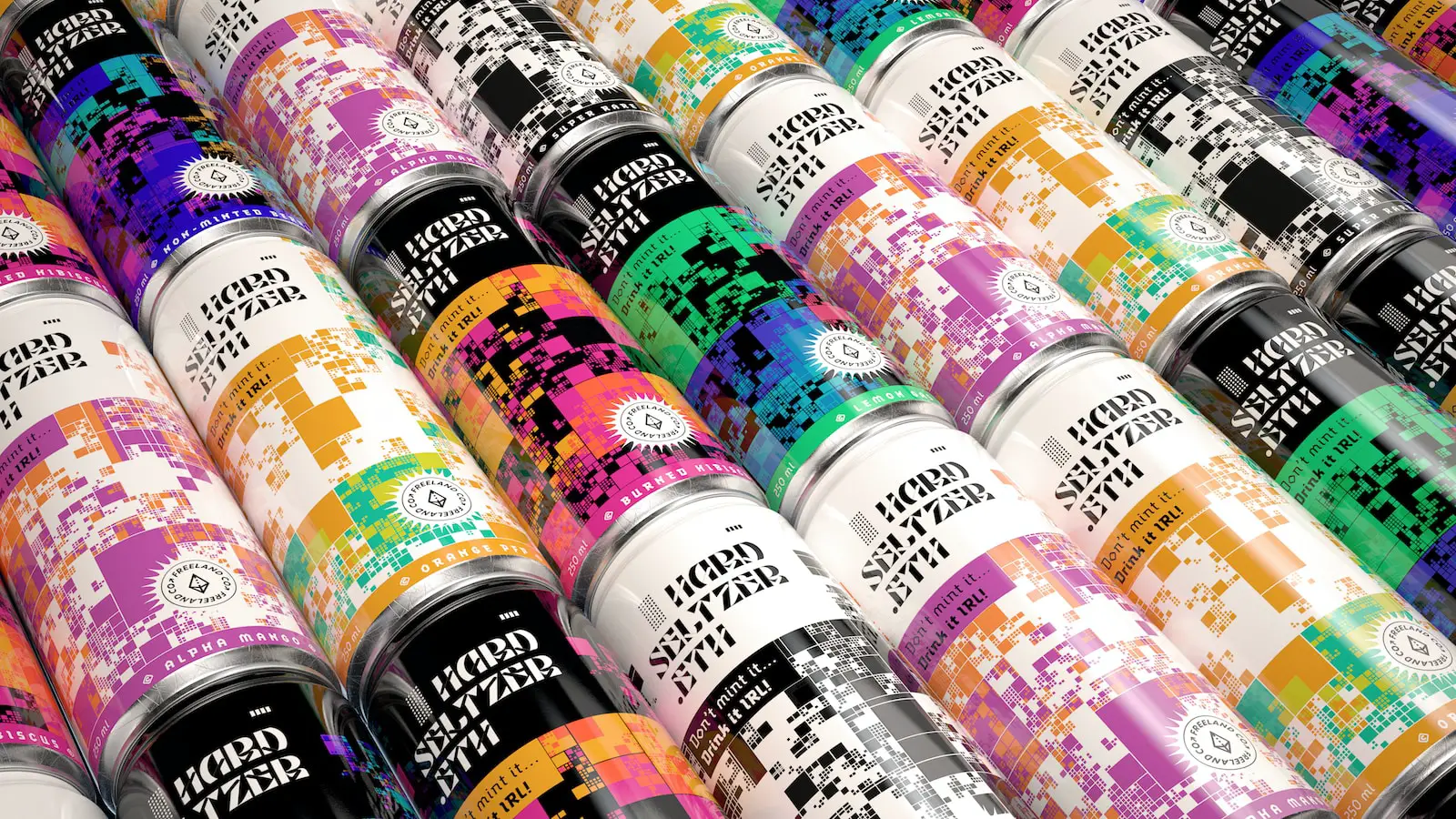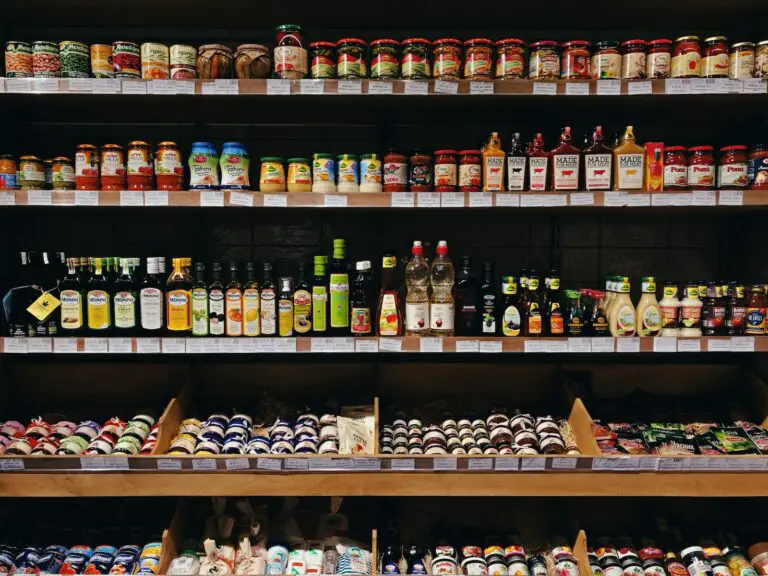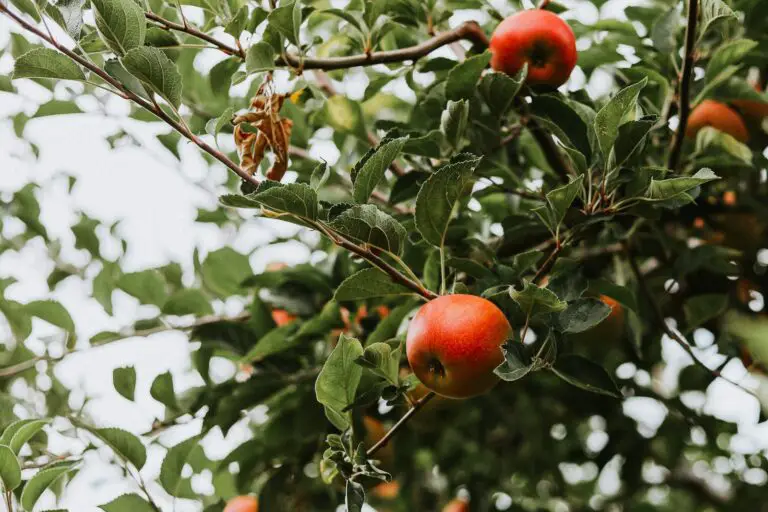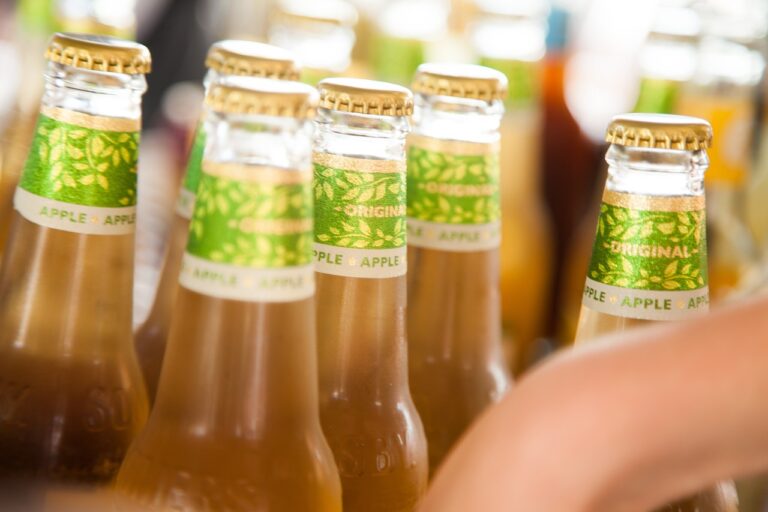Have you ever wanted to try making cider? Have you wondered if it’s possible to use any type of fruit to make it? It’s a popular question among curious cider lovers, and the answer might not be as simple as you think.
No matter what type of fruit you’re using, there are some considerations that need to be made in order to have an optimal cider brewing experience.
But before we get into that, let’s talk about the basics—can any fruit be used for cider? Or can it only be made using apples? Let’s dive in and find out!
Can Cider Only Be Made From Apples?
While it’s true that apple cider is the most common type of cider, you may not know that you can use almost any fruit to make cider.
That’s right—you don’t have to just stick with apples.
All kinds of fruits can be used to make amazingly delicious and unique ciders!
However, according to the Alcohol and Tobacco Tax and Trade Bureau, cider is only allowed to be made from fermenting apples and pears.
A bottle must be called “fruit wine” if it contains more than 7% alcohol and does not contain apple or pears cider.
So, even though you can make cider from other fruits, on technical terms it cannot be called cider.
Can Cider Be Made From Any Fruit?
Yes, any type of fruit can be used to make cider.
It’s just a matter of finding the right combination of flavors.
Some popular combinations include an apple with apricot or blackcurrant, strawberry and rhubarb, and raspberry and elderflower.
Even more unusual fruits like pineapples and mangoes can also be used for a truly unique flavor.
In addition to these combinations of fruits, there are also recipes that call for adding spices to the mix when making certain types of fruit-based ciders.
Cinnamon, nutmeg, cardamom, and vanilla are all great additions that bring out subtle notes in the cider.
If you’re feeling adventurous, you can even try adding herbs like mint or lemon balm to your brew!
No matter what kind of fruit-based cider you make—whether it’s a traditional brew or one with some added spices—you’ll find that each variation is unique in its own way!
Different Types of Fruit for Cider
· Apples and Pears
Of course, the most common type of apple cider is made from apples and pears.
However, there are more than 7500 varieties of apples in the world! That gives you plenty to choose from when it comes to finding the right flavor for your cider.
· Other Fruits
But if you’re feeling adventurous and want to try something different, other fruits like berries and pineapples can be used to make delicious ciders.
The only thing you need to keep in mind is that some fruits may require extra sugar or added sweeteners to get the desired sweetness in your cider.
· Uncommon Fruits
You can go even further afield with uncommon fruits like quinces and elderberries.
Quinces are tart but mellow out when cooked into a sauce.
Elderberries have a distinctive flavor that pairs well with other fruits like apples or pears for an interesting twist on more traditional ciders.
When it comes to making cider, don’t just limit yourself to apples and pears—test out different types of fruit for an unexpectedly great result!
What Factors to Consider When Using Other Fruits for Cider
When using other fruits to make cider, there are several factors to consider for a successful and flavorful result:
· Sugar content
The sugar content of the fruit is crucial for the fermentation process, as it directly affects the alcohol content of the final product.
Choose fruits with adequate sugar levels to ensure proper fermentation and a well-balanced taste.
· Acidity
The acidity of the fruit contributes to the cider’s overall flavor profile and helps balance the sweetness.
Fruits with a good balance of acidity and sweetness will produce a more harmonious and enjoyable cider.
· Tannins
Tannins are compounds found in some fruits that contribute to the body, mouthfeel, and complexity of the cider.
Some fruits, like apples and pears, naturally contain tannins, while others may require the addition of tannin-rich ingredients or extracts to improve the final product.
· Fermentability
Some fruits ferment more easily than others due to their sugar content and composition.
Research the fermentability of the fruit you’re using to ensure a successful fermentation process.
· Flavor profile
Consider the flavor profile of the fruit you’re using and how it will work in a cider.
Some fruits may produce a more subtle and delicate flavor, while others may be more robust and bold.
· Ripeness
The ripeness of the fruit will affect the sugar content and overall flavor of the cider.
Make sure to use ripe fruits at the peak of their flavor for the best results.
· Pectin content
High levels of pectin in some fruits can cause hazing or cloudiness in the finished cider. You may need to use pectinase or other clarifying agents to achieve a clear product.
· Blending
Mixing fruits or combining them with traditional cider apples can create unique and complex flavor profiles.
Experiment with different fruit blends to find the perfect combination.
· Yeast selection
Different yeast strains can produce varying flavor profiles and fermentation characteristics.
Choose a yeast strain that complements the fruit you’re using and enhances the overall taste and aroma of your cider.
Storage and aging
The storage and aging process of fruit ciders can affect their flavor and quality over time.
Proper storage in a cool, dark place and appropriate aging can help develop more complex and refined flavors in your cider.
By considering these factors, you can create delicious and unique fruit ciders that showcase the distinct characteristics of the fruits you’re using.
FAQs
1. What fruits can you make cider with?
Although apple cider is the most common type of fruit cider, you can make cider with a variety of fruits. some popular options are pears, cherries, plums, berries, peaches apricots, grapes, pineapples, and even with mixed fruits.
2. Can cider be made from grapes?
Yes! Ciders can be made from grapes too. Ciders can contain just about any fruit, from strawberries to pineapples to even grapes!


